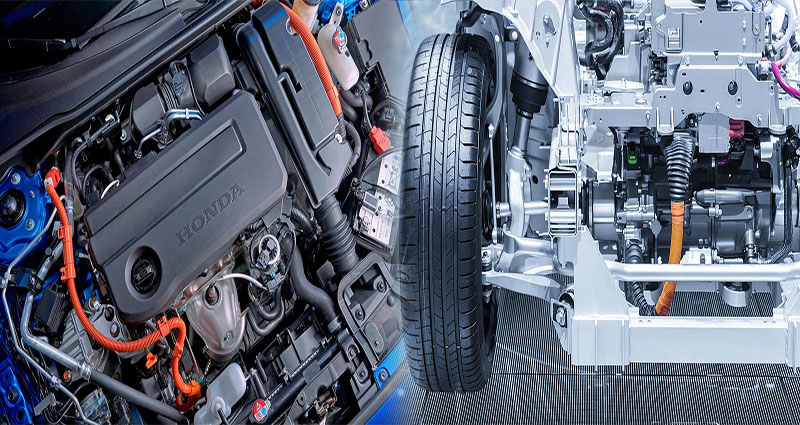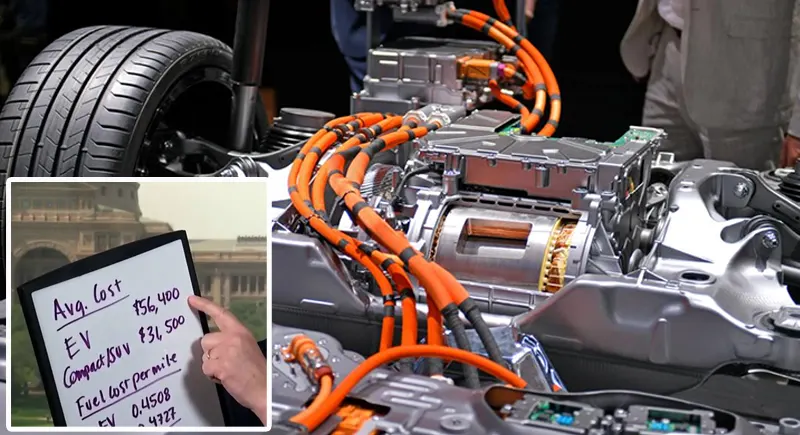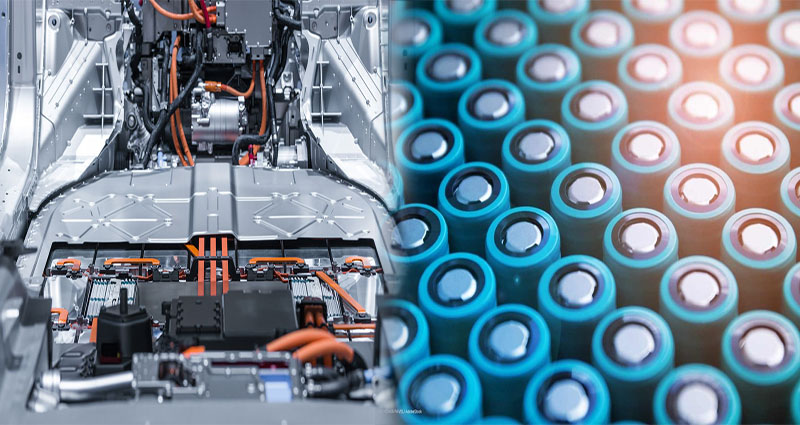Detailed Functions of Key Electric Car Components and Their Roles
Electric vehicles (EVs) are becoming an increasingly popular choice for environmentally conscious consumers. While electric cars may look and feel similar to traditional internal combustion engine vehicles, their internal components operate using different technologies to ensure smooth and efficient performance. In this article, we will take a closer look at the detailed functions of key electric car components and their roles.
Electric Motor
The electric motor is the heart of the electric vehicle. It converts electrical energy from the battery into mechanical power that drives the wheels. The motor is typically located near or directly on the wheels, providing instant torque and efficient power delivery to propel the vehicle.
Battery
The battery is the central component of an electric vehicle’s powertrain. It stores the electrical energy required to power the electric motor. Lithium-ion batteries are the most commonly used battery technology in EVs thanks to their high energy density, long … Continue reading >>>>












